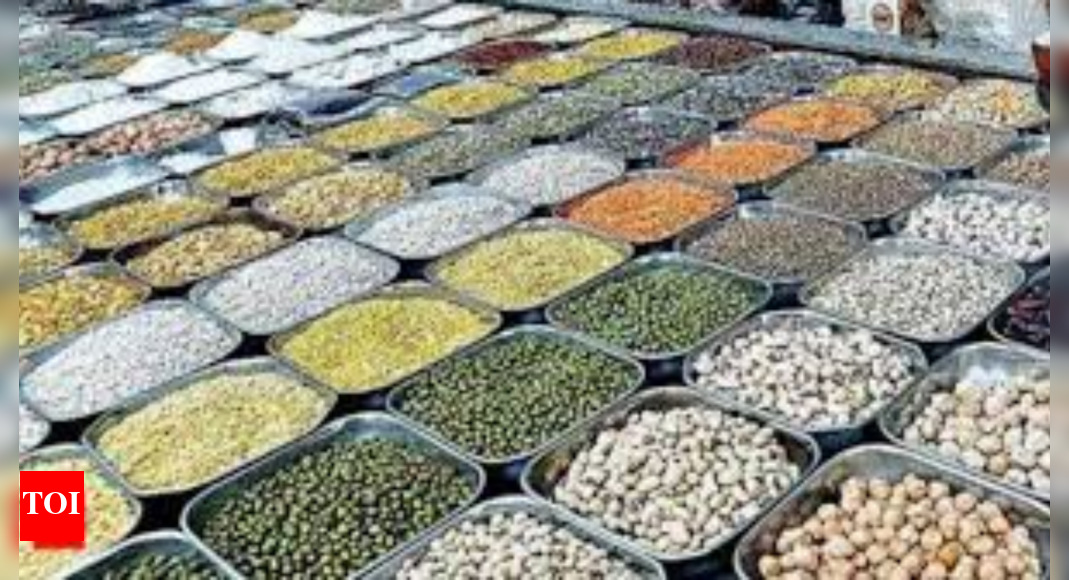
The Union Cabinet has approved the Mission for Aatmanirbharta in Pulses, a six-year programme aimed at boosting domestic pulse production and achieving self-sufficiency by 2030-31, according to a government statement. The Mission will be implemented from 2025-26 to 2030-31 with a financial outlay of Rs 11,440 crore.India is the world’s largest producer and consumer of pulses, but domestic output has lagged demand, leading to a 15–20 per cent rise in imports. The Mission seeks to reduce import dependency, meet rising demand, enhance farmer incomes, and maximize production, the statement said.The initiative will focus on research, seed systems, area expansion, assured procurement, and price stability. Multi-location trials will be conducted in major pulse-growing states to ensure regional suitability of high-yielding, pest-resistant, and climate-resilient varieties. States will prepare five-year rolling seed production plans, with breeder seed production supervised by ICAR. Foundation and certified seed production will be done by central and state agencies and tracked via the Seed Authentication, Traceability & Holistic Inventory (SATHI) portal.To ensure wide availability of improved varieties, 126 lakh quintals of certified seeds will be distributed to farmers, covering 370 lakh hectares by 2030-31. In addition, 88 lakh free seed kits will be provided to farmers to expand pulse cultivation on rice fallows and other diversifiable lands. The Mission will also provide structured training programmes to enhance farmers’ skills and adoption of modern techniques.To strengthen markets and value chains, the Mission plans to establish 1,000 post-harvest processing units, with a maximum subsidy of Rs 25 lakh per unit, aimed at reducing losses and increasing value addition. The cluster-based approach will ensure resources are allocated efficiently and promote geographic diversification of pulse production.A major feature of the programme is 100 per cent procurement of Tur, Urad, and Masoor under the Price Support Scheme (PSS) of PM-AASHA over the next four years. NAFED and NCCF will undertake procurement from registered farmers who enter into agreements with these agencies. The Mission will also monitor global pulse prices to safeguard farmer interests.By 2030-31, the programme aims to expand the area under pulses to 310 lakh hectares, raise production to 350 lakh tonnes, and increase yields to 1,130 kg per hectare. The Mission is expected to generate employment, conserve foreign exchange, improve soil health, and promote climate-resilient farming practices, the statement added.








